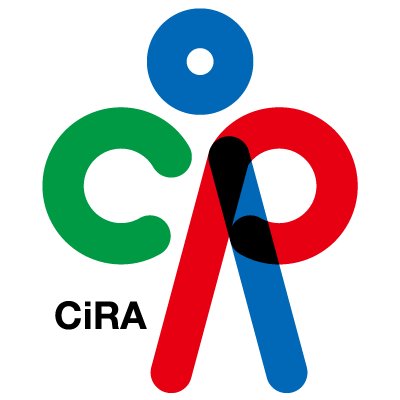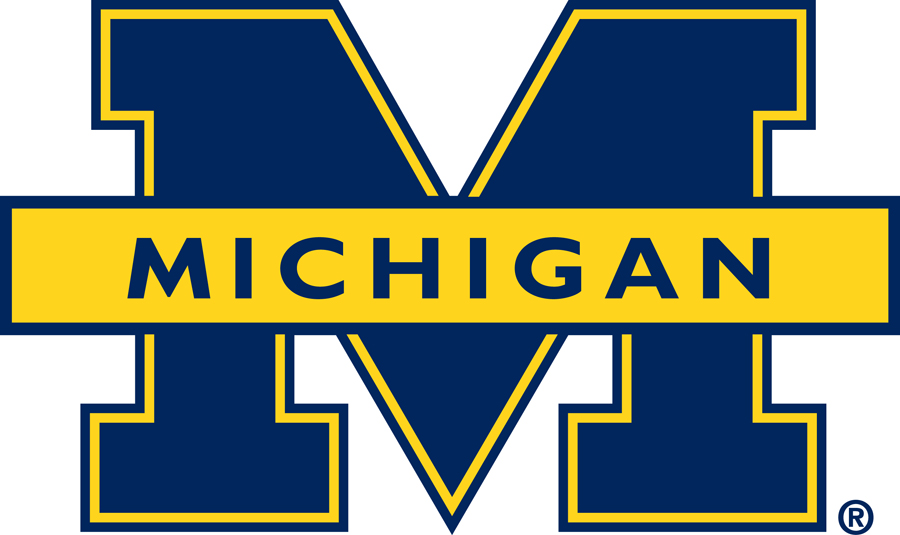
A researcher who studied natural products for cancer at the University of Alabama, Birmingham (UAB), had six papers retracted last month, bringing him to a total of 12.
Four of the recently retracted papers by Santosh Katiyar had appeared in PLOS ONE, and two had been published in Cancer Research. They have together been cited more than 250 times, according to Clarivate Analytics’ Web of Science, and are on subjects including compounds found in grape seeds and green tea.
Here’s an example, from PLOS ONE, for “Green Tea Catechins Reduce Invasive Potential of Human Melanoma Cells by Targeting COX-2, PGE2 Receptors and Epithelial-to-Mesenchymal Transition:” Continue reading Former UAB natural products researcher up to a dozen retractions








